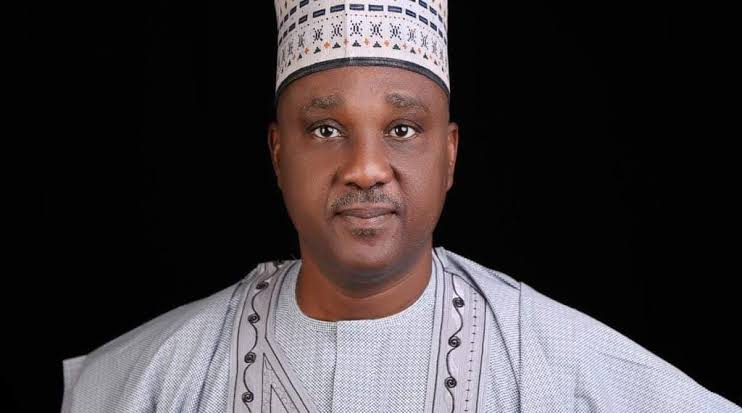The House of Representatives has restated its commitment to remove tertiary institutions from the Integrated Payroll and Personnel Information System (IPPIS), to enhance lecturers’ welfare and reduce the brain drain syndrome.
Speaker House of Representatives, Dr. Abbas Tajudeen, made this known on Thursday in Zaria at the 3rd International conference of the Gender Policy Unit, Ahmadu Bello University (ABU) Zaria.
Tajudeen, represented by Dr. Abubakar Fulata, House Committee Chairman on Education, said the House would pursue the interest of academia and one of those issues in contention was the issue of IPPIS.
According to him, IPPIS is a single minded computer programme that is anti-intellectual, anti-education and completely ignorant of the issues involved.
“It is our determination to ensure that universities, polytechnics and colleges of education are removed from IPPIS.
“It is also our determination to make sure that education receives a substantial portion in the national budget at least to meet up with the United Nations requirement of 26 per cent of the National budget,’’ he said.
The speaker said that regrettably the system had downgraded education in the country to a level where teachers` survival was put at risk.
He said the National Assembly had an engagement with the vice-chancellors across the country, and they were made to understand that a professor’s take-home after deduction was less than N450, 000.
The speaker described such a salary (N450, 000) for the university professors as embarrassing to the education sector.
He said fighting poverty, gender inequality and insecurity was not merely a moral imperative but a fundamental necessity for the progress and prosperity of the nation.
Abbas was also a recipient of the Award of Excellence in the fight against poverty, gender inequality and insecurity at the conference.
Earlier, Prof. Kabiru Bala, Vice-Chancellor, ABU, said the conference was another step towards realising the ABU’s aspiration of becoming a world-class academic and research institution.
Bala was represented by Prof. Ahmed Doko, Deputy Vice-Chancellor Administration.
He said the conference provides an opportunity for the professionals in the academia, security, and other stakeholders to engage in critical discourse on implications of insecurity to the SDG goals.
The News Agency of Nigeria (NAN) reports that the three-day conference has `Gender and Security in Africa: the Implications for Sustainable Development Goals’ as its theme.
The conference was jointly organised by the Gender Policy Unit of the ABU and Center for Gender Studies of Bayero University, Kano. (NAN)










Leave a Reply